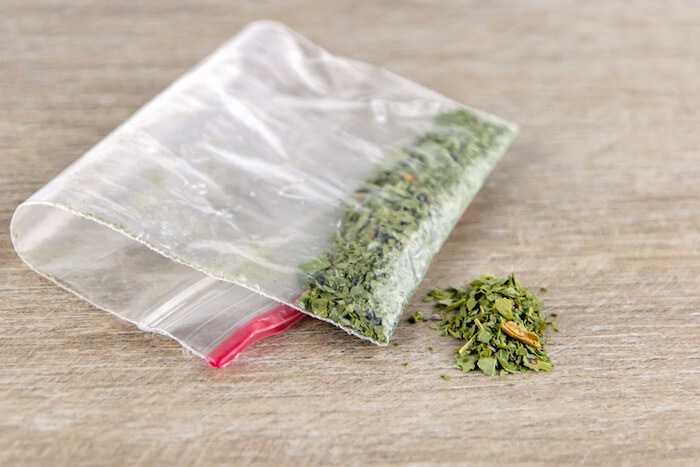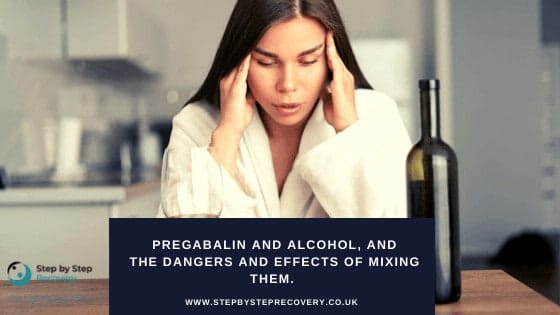Updated June 2023
Although drug and alcohol abuse may lead to dependence, it will not always lead to a full-blown alcohol addiction. If you drink alcohol or use recreational drugs on a casual basis, it may be very hard to know when this becomes a problem and how to know if you’re an addict.
If you are struggling with symptoms of dependence or addiction, understanding the signs and symptoms can be the first step in recognising that it is time to seek addiction support.
Understanding What Addiction Is and How to Treat It
Addiction is defined as a chronic brain disease by the World Health Organisation (WHO) and is characterised by the compulsive use of a substance, despite the harmful consequences. Once addiction takes hold, you will no longer care about the negative effects of substance abuse on your health and overall life.
Recognising and understanding the distinctions between addiction and dependence can help you better understand the nature of the illness. Knowledge is an extremely valuable tool in helping a loved one to the path of recovery. It is important to realise that while dependence without addiction can happen, substance dependencies frequently lead to addiction.
Addiction is often a gradual process, and a small percentage of functioning addicts can keep control over their alcohol and drug use to the extent they appear to be living a normal life. Addiction is usually present when symptoms of physical and psychological dependence are both causing a problem. Once you develop an addiction, it is highly likely you will eventually progress to the stage where you will prioritise substance use over everything else.
Getting Treatment for Addiction
If you’ve been using drugs or abusing alcohol regularly, you may have developed physical dependence and require addiction treatment that involves a medically assisted detox.
During a medically supervised detox, you will be prescribed medication to reduce withdrawal symptoms. An intensive combination of addiction therapy then follows this. While it is possible to treat addiction in an outpatient setting, at Step by Step Recovery, we would urge you to consider residential rehab at our facility in Essex.
In residential rehab, you can fully concentrate on your recovery without the external triggers that contributed to your addiction. You cannot obtain alcohol or drugs, which can make it easier to manage cravings and make it through the first 28 days of abstinence. This is the time when relapse is extremely high if you are not receiving personalised addiction therapy and support.
When you leave our residential rehab, your physical withdrawal symptoms should have passed, and you will be in a much better place to cope with the psychological symptoms of addiction. Our addiction aftercare will continue to support you to live your life free from addiction when you can once again gain access to the substance you were addicted to.
Understanding Abuse, Dependence and Addiction
- Abuse is normally categorised as the overuse of a substance to feel different. For example, you may binge drink, you might consume large quantities of a drug such as cocaine or use prescription drugs without a prescription. You may take more than the prescribed dose for the side effects they induce. This type of substance abuse may never lead to dependence or addiction. But it can also be the first indication of impending addiction.
- Dependence is a result of repeated substance abuse, which has led to physical tolerance. This then leads to an increase in the amount you use and how often to achieve the desired “high”. The presence of withdrawal symptoms typically categorises physical dependence.
- Addiction means you are unable to stop using a substance. You can be physically and, or psychologically addicted. Psychological addiction is categorised as a compulsion to use a substance that you can not control when you do not experience physical withdrawal symptoms.
If you or someone you love is struggling with signs of abuse, dependence or addiction, it’s important to speak with a trained professional regarding appropriate treatment.
Addiction vs Dependence
Addiction and dependence are terms that are often used interchangeably, but they have distinct meanings. Understanding the differences between addiction and dependence is important for recognising and treating substance abuse. So let’s start by looking closely at the difference between addiction and dependence.
Dependence is a physical change that happens to the brain and body due to alcohol or drug consumption that occurs after repeated use. Often, addiction is associated with physical dependence; however, dependence does not mean someone is physically dependent on a substance. You can develop psychological and/or physical dependence:
- Psychological dependence is indicated by a drug or behaviour that becomes central to your thoughts, emotions and activities.
- Physical dependence occurs when your body begins to rely on a substance to function. This means when you stop using a substance, you will likely experience physical withdrawal symptoms. This can happen with or without psychological dependence.
However, you are able to cope with and manage those symptoms and choose not to use the substance to ease them. Nevertheless, if you are suffering withdrawal symptoms, getting help as soon as possible is crucial, even if you feel in control of your drug or alcohol use. Although dependence does not always indicate addiction, it usually indicates that addiction is soon to come.
Sometimes, it’s difficult to recognise the difference between addiction vs dependence. What separates the two is that addiction combines mental and/or physical dependence with behaviour or actions you are no longer in control of.
An addiction is when you are so focused on obtaining and using a substance or taking part in an activity that it starts to become the focus of your life. Avoiding everyday responsibilities, such as work, school, parental duties and even things such as personal hygiene and eating, are often an indication that you or someone you love might be suffering from addiction.
Common signs of addiction include:
- Self-neglect of physical well-being, e.g. eating, washing, etc
- Obsessive thoughts about using substances
- Missing work due to “illness”
- Withdrawal from family and friends
- No longer enjoying activities you once did, such as socialising and sports.
What is the Psychological Definition of Addiction?
Psychological addiction is defined as a brain disorder involving a compulsive need to take part in an activity or consumption of a substance, such as drugs or alcohol. Psychological addiction is often associated with activities such as eating or gambling.
Although you will not experience physical withdrawal symptoms, this type of addiction will still affect the way the brain works.
The key difference is that physical addiction involves how the body and brain function, whereas psychological addiction only impacts how the brain functions. In most cases, addiction is a complex condition that includes both physical and psychological elements that are often difficult to separate.
Psychological dependence is characterised by how the brain changes when participating in an activity. Often this causes a preoccupation of thoughts surrounding substance use or participating in an activity like gaming. With psychological addiction, your mind may be entirely focused on your substance or behaviour, often leading to neglect of other responsibilities.
Symptoms of psychological addiction include:
- Not being in control of your participation in an activity or use of a substance
- Continuing to use a substance or participate in an activity to the point where it is negatively impacting your life
- Thinking about when you will have the opportunity to use the substance or engage in the activity again
- Planning your life around using a substance or taking part in an activity.
Substance use disorder (SUD) will typically have elements of both physical and psychological addiction. While physical addiction can be treated with medication and detoxification, psychological addiction is much more challenging to overcome.
It’s important to seek professional help for substance use disorder (SUD) with treatment plans that provide both physical and psychological support. With a combination of medication, therapy, and support groups, you can successfully overcome addiction and live a healthy, fulfilling life.
At Step by Step Recovery, we offer free advice to help individuals beat drug addiction permanently. Please call our understanding team on 0800 170 1222 for more information about our admission process for residential rehab. Alternatively, please complete our online assessment form to learn more about our bespoke addiction treatment programmes.




